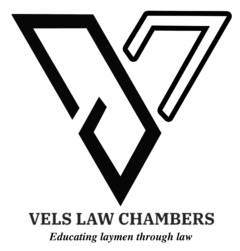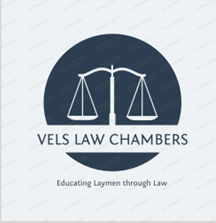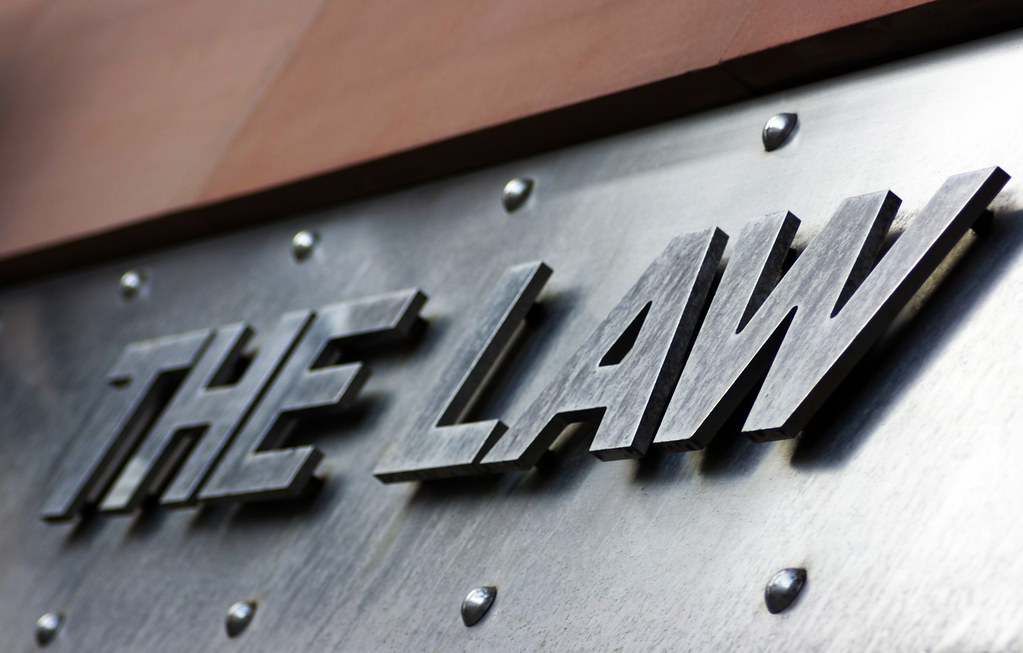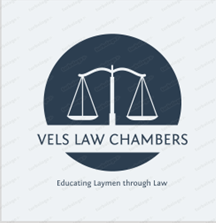Many folks don’t realize how much money they spend on insurance premiums. Car, life, home, contents insurance, and extended warranties can be costly. Insurance is risk assessment and coverage. It deals with the future, so, like all decisions, we need to go to Jesus for guidance. Only He knows the future.
Every time we consider insurance we must answer three questions, which I will look at briefly, using life insurance for a family, Robert, Paula and five-year-old daughter Sarah. Robert works outside the home, Paula works at home managing the household, Robert, and Sarah.
Insurance Questions An Individual Should Answer
- Is there an exposure to a risk that I should cover?
- How much coverage do I need?
- How should I cover the risk?
Risk To Cover
What life insurance risks for Robert, Paula, and Sarah need to be covered? Paula and Sarah depend on Robert’s income. And so, if Robert dies, his income stops. Paula would need funds to pay funeral expenses and provide for other needed, future living expenses. That’s the exposure or risk that might need covering.
But if Paula died before Robert, the risk is different. Robert would not lose direct income. However, household expenses might rise for daycare and other related expenses to look after Sarah while he works full-time. Robert and Paula might wish to cover this exposure, too.
Coverage Needed
Before moving to the next question-how much coverage they need-Robert and Paula must decide if they accept there are risks to cover.
If they accept, and decide to cover the risk on Robert’s death, how much insurance coverage does Robert need on his life? Robert and Paula would like this amount to cover a realistic future standard of living for Paula and Sarah based on today’s knowledge. This could be today’s value of Robert’s future income and Sarah’s future education, and other expenses. Computing this amount is not difficult if you work with a knowledgeable independent financial adviser.
Most important, Robert and Paula need to turn to Jesus because He alone knows the future. Besides, they must understand that insurance coverage does not secure the future, or remove risks; rather, it provides income if a specific event happens. Prophet Isaiah reminds us in Isaiah 26:4: Trust in the LORD forever, for the LORD, the LORD, is the Rock eternal.
Does trusting God mean we should have no insurance coverage? No, it means we should understand that nothing we do will secure the future, so we must seek God’s will for our insurance coverage. After all, He might say no!
How To Cover Identified Risks
After deciding their insurance coverage, probably with an independent financial adviser’s help, Robert and Paula must look at the third question: how to cover the risk. Think about life insurance coverage in two classes: renting or temporary, and owning or permanent. The insurance industry calls the renting class, term insurance. With term insurance, Robert would pay an amount, called a premium, for a fixed time, after which coverage stops. If he didn’t die when the term expired, Robert and Paula would need to answer the same three questions later. Then, their condition might have improved; they might have income that could allow them to lower or even stop life insurance.
Whole Life and Universal Life are examples of the owning or permanent class. Think of this insurance class as term insurance plus. It includes your basic term insurance coverage and something else, such as “savings.” Insurance companies like to tell you this is a great idea because you could “borrow” from the “savings!” Don’t go there!
If Robert chose this class, he would pay a premium for more than his basic insurance needs. That’s why it is important to understand this insurance class as it is more expensive, and greater than your basic insurance needs. Extras above term insurance coverage will cost you, for non-life insurance benefits.
As with all decisions, Robert and Paula should get insurance facts from an independent financial adviser who does not benefit from his advice, and seek God’s direction.
Copyright (c) 2011, Michel A. Bell



